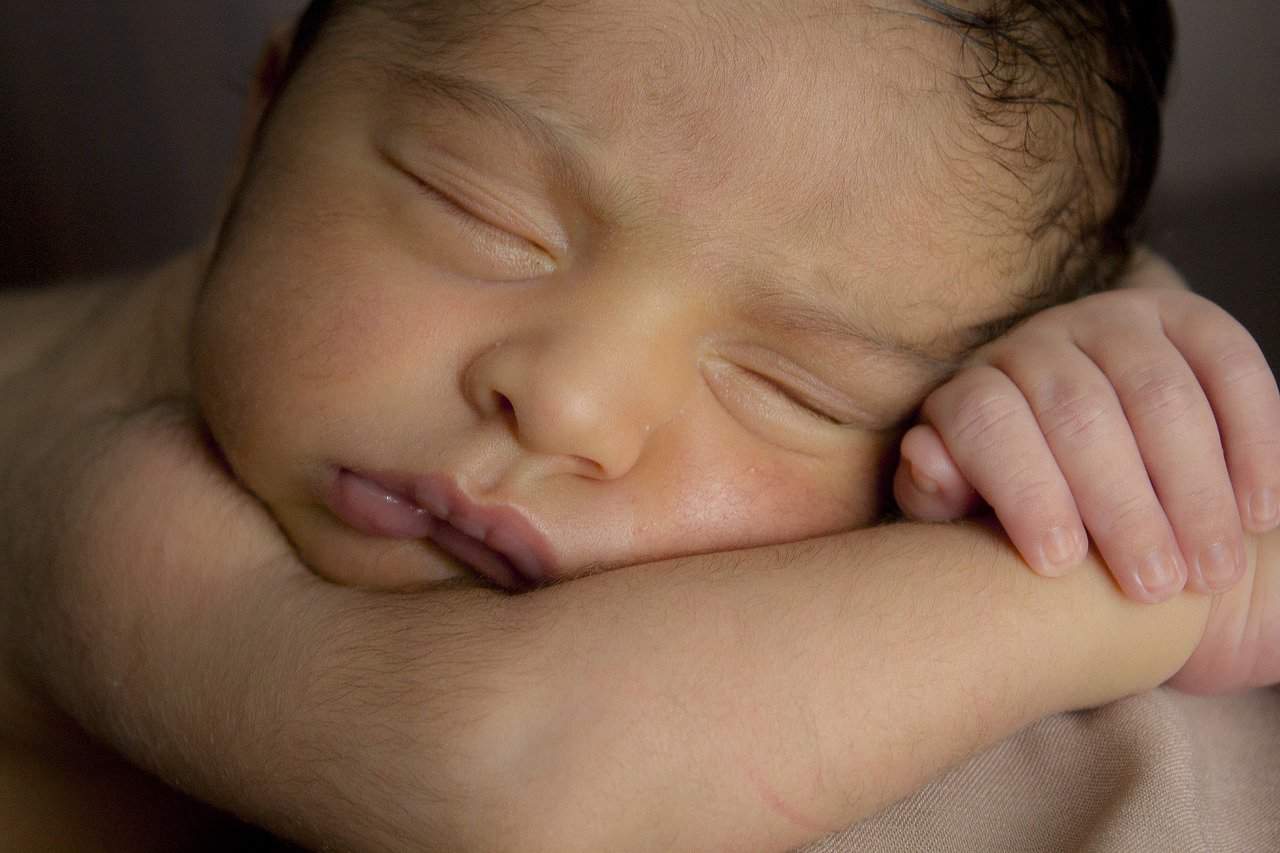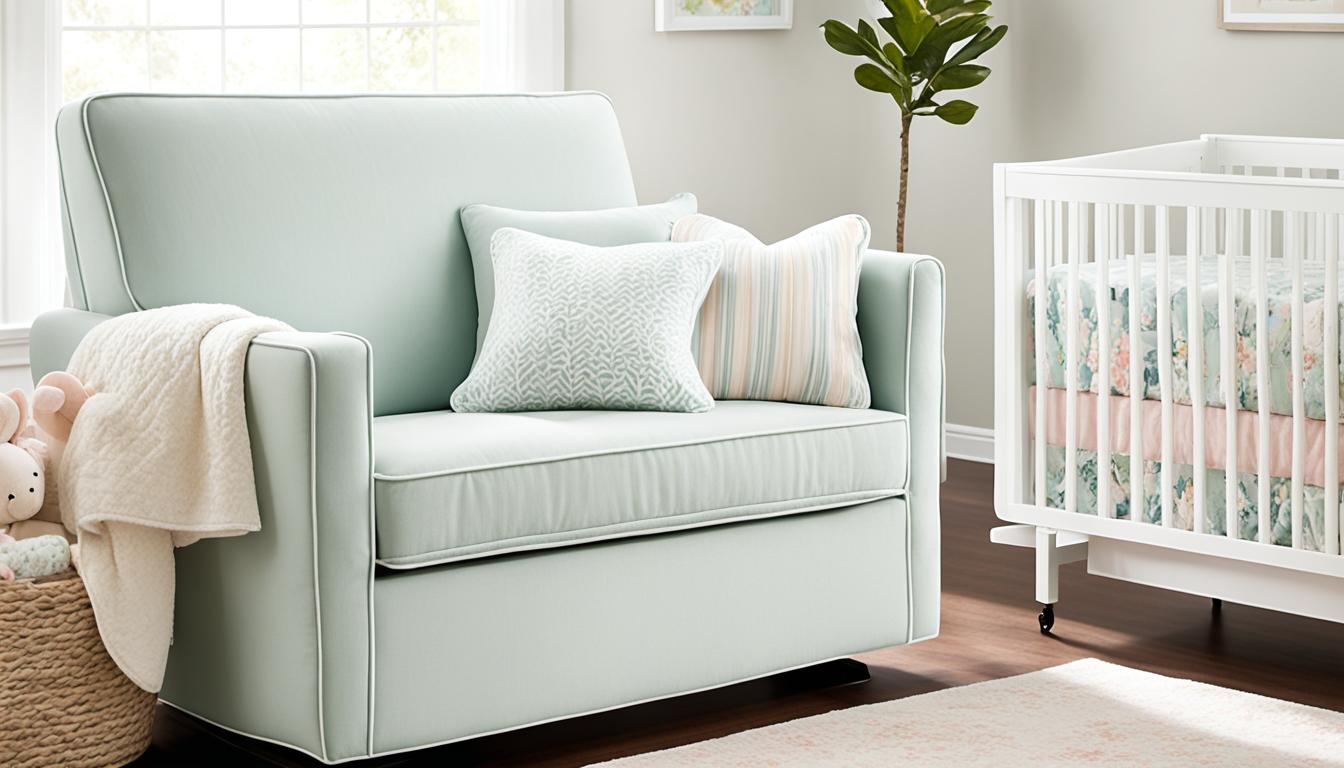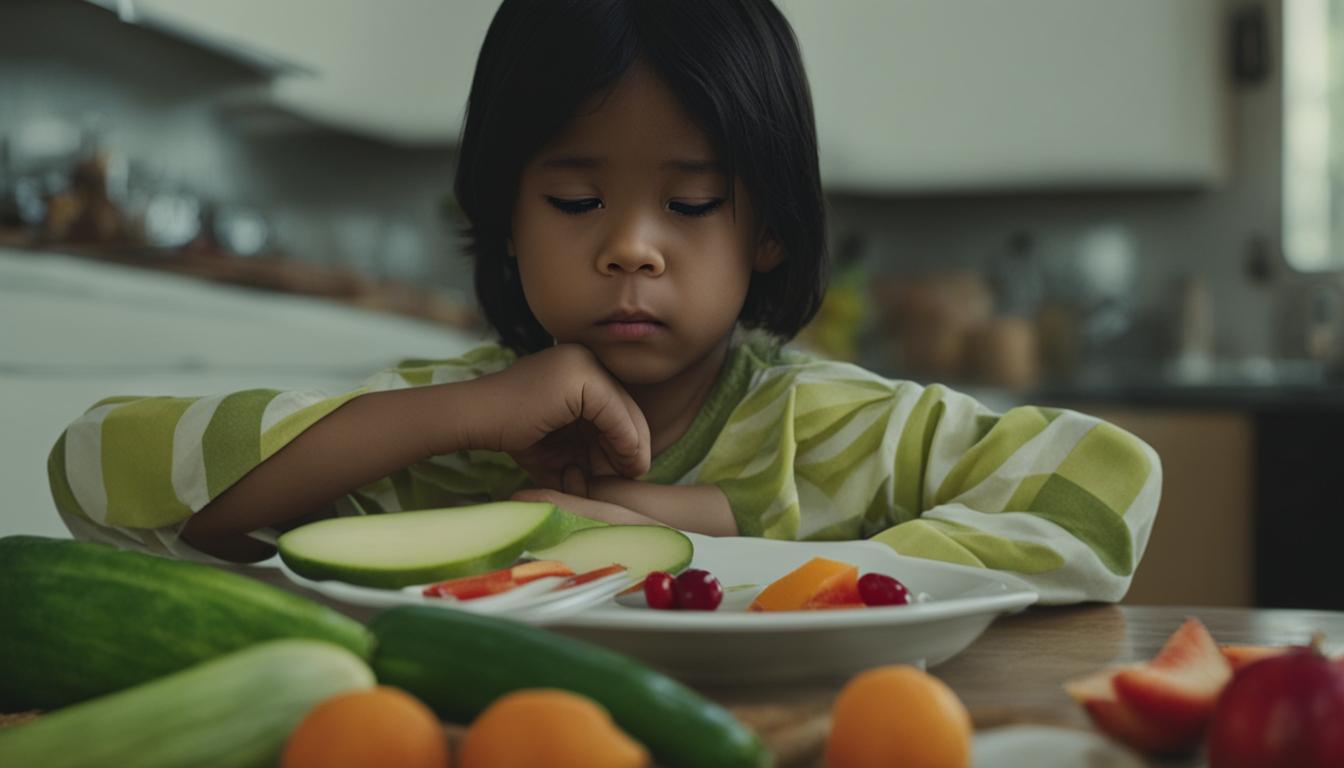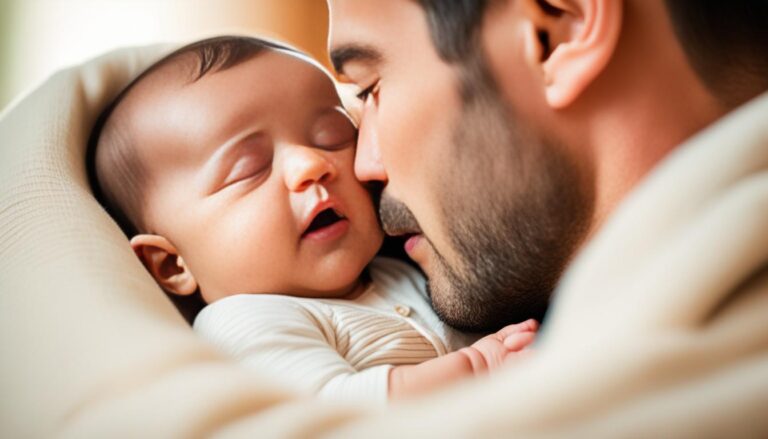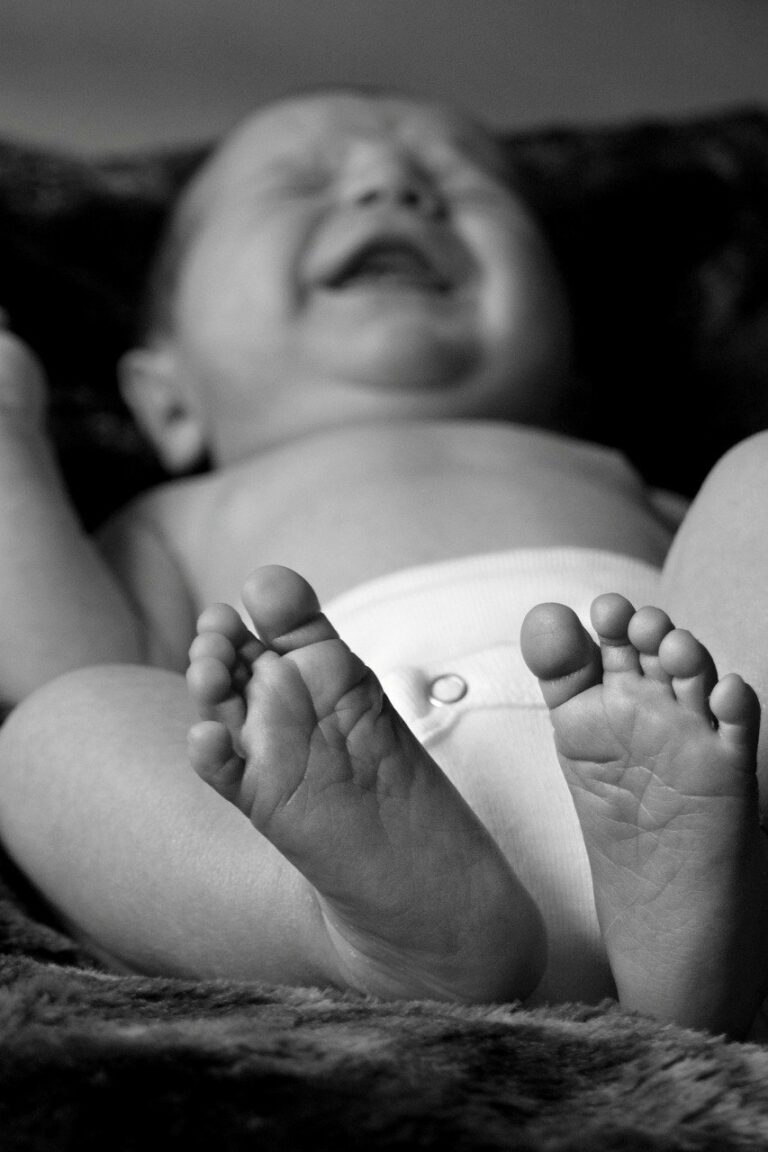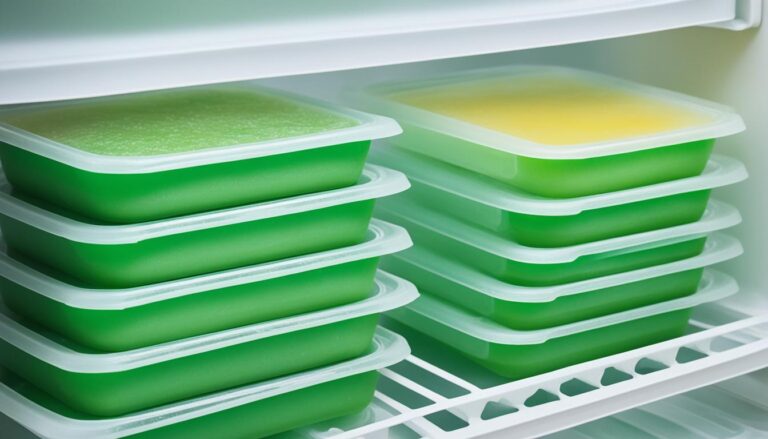Baby Sucking on Bottom Lip? What’s This Little Guy Doing?
Babies tend to create weird and endearing habits while growing up. Some practices are for communicating their needs, like when they’re hungry or need a diaper change. Other times, they do it because they want to busy themselves after a long day of sleeping and eating.
Sucking and nibbling are some of the most common habits for babies. You might see your kid sucking their thumb or on a teething toy. Sometimes, it is so routinely done that your infant does it absentmindedly.
A child sucking on their bottom lip is, for the most part, expected and nothing to be worried about. However, too much sucking can affect how their teeth and mouth develop. Here are some reasons why your baby sucks their lips and how it can affect them in the long run.
Baby Sucking on Bottom Lip: Is That Normal?
A baby sucking their lips is as normal as a baby sucking a pacifier or a toy. Babies enjoy sucking on things like a baby bottle or a plushie. Some reasons include:
Your Child is Self-Soothing
Babies have been finding ways to entertain themselves ever since they were inside the womb. And that small remnant of the past can follow them into the world. Babies suck on objects and body parts like thumbs and lips to soothe themselves.
Your Child is Hungry
Another reason your baby is sucking their lips is that their hungry. Hunger cues are common among babies, especially since they still can’t talk and express their needs verbally. Cues like lip sucking, head-turning, and mouth closing and opening are some early signs to look out for.
Babies crying when hungry usually doesn’t happen unless your baby is starving. So pay attention to those hunger cues; you don’t want to deal with a cranky baby. (The crankier they are, the harder they latch!)
Also, children who are above 6 months are capable of trying solid food for the first time. So you might see them licking, smacking, or sucking their lips at the table. If your child can sit on their own and chew without choking, you can slowly start incorporating solid food into their diet.
Your Child is Teething
A baby’s first tooth can be an uncomfortable and irritating experience for babies. To counter the discomfort, babies suck their lips as temporary pain relief.
Fortunately, you can help your baby out with their teething sores. You can distract them by using teething toys or a pacifier. You can also apply lip balm to the chapped area of their mouth.
Could My Baby Have Lip-Bitting BFRB?
Everyone has tried biting or sucking their lips before. But people diagnosed with body-focused repetitive behavior (BFRB) have a chronic need to do these actions.
Lip-bitting is a common BFRB and can be a coping mechanism during a stressful event. (Although, according to research, BFRB aren’t associated with trauma or other unresolved psychological issues.) Some people might also inherit BFRB.
BFRB isn’t something that is easily diagnosed, though, especially in babies. You will need your pediatrician’s opinion on this one. Lip-sucking and biting might be a temporary experience, and your kid might outgrow this as time goes on. BFRB are, as mentioned, chronic and can affect your child’s way of living.
Can Sucking Cause an Overbite?
Constant sucking can affect how your baby’s teeth develop. Your baby’s sucking habit can push their front teeth and cause them to protrude forward in an awkward position.
An overbite can affect the way your baby speaks and chew. An overbite can cause jaw problems, gum diseases, and tooth decay.
Does Constant Lip Sucking Have Side Effects?
Besides the mentioned overbite, lip sucking has other effects on your baby’s mouth. Your baby can develop a speech problem and have difficulties pronouncing words.
Blisters are another problem with nonstop lip-sucking. Blisters might take longer to heal if they’re constantly exposed to saliva. The lip-sucking and saliva can leave the area dry and chapped, and it can cause dermatitis around the lips.
There are remedies to prevent your baby from sucking their lips too much. A pacifier is a great tool to help distract your baby from sucking their lips. But don’t leave it on for too long to avoid future overbite problems.
A teething toy can also do the trick. Teething toys come in many different colors and textures that can hopefully keep your baby’s mind off of their lips.
You might also want to apply some lip balm to your baby’s lips so they won’t dry and chap. As mentioned above, irritation and dermatitis are issues for kids who like to lick and suck their lips.
Finally, observe your baby whenever they start to lick, suck, or bite their lips. Maybe they’re hungry, or they want to get some rest. Sometimes, those small habits are their ways of communicating their needs to their parents.
FAQ:
Does bottom lip sucking cause pain to my baby?
For the most part, lip-sucking in babies is not associated with pain. Most babies suck their lips to comfort and soothe themselves, especially when bored or stressed.
Do babies outgrow lip-sucking?
Most babies outgrow many of their habits as an infant, including lip-sucking. Your baby will most likely stop sucking their lips once they start eating solid food or have grown most of their milk teeth.
Are pacifiers safe for my growing baby?
Pacifiers are safe for babies. It is a fantastic distraction if your baby needs to suck.
Conclusion
Babies create small habits while they’re young. We now know why they do these routines, such as sucking on their bottom lips.
Babies enjoy sucking their lips for many reasons. Maybe they’re hungry and are craving lunch, or they just feel bored and want to pass their time. Thankfully, lip-sucking isn’t a problem for most babies.
However, lip-sucking can cause blisters, irritation, and, in severe cases, overbite in babies. But this usually only happens if your baby is chronically sucking all day and night. The good thing is that there are other ways to distract your baby, and at the end of the day, lip-sucking will just be those weird habits your baby does just because!

